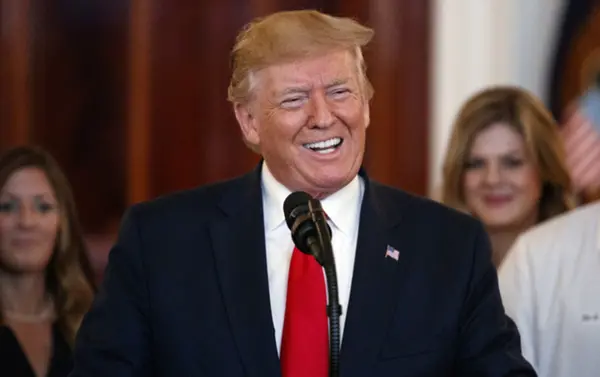Iranian President Hassan Rouhani said Sunday that domestic uranium enrichment is Iran's redline and no concession can be made in this regard, Press TV reported.
The remarks came after three days' intensive nuclear talks between Iran and the P5+1 group -- the United States, Russia, China, Britain and France plus Germany -- in Geneva, which ended on Saturday without producing any deal.
The world should trust Iran and the Iranian people should enjoy their "legal nuclear rights," said the president, reiterating that his country is only pursuing peaceful nuclear technology.
"The Iranians' rights and the national interests are our redlines, including the nuclear rights within the international regulations and uranium enrichment on Iran's soil," he was quoted as saying by official IRNA news agency on Sunday.
"In words and in action, we have told the negotiators clearly that the threats, sanctions, humiliation and discrimination will not be instrumental (to press Iran) and Iran has not bowed to any power and will not do that," Rouhani said, addressing the Iranian Majlis (parliament).
He dismissed the idea that sanctions was the reasons behind Iran's engagement in the nuclear talks. "Those who have come to the negotiating table with us have come to the conclusion that sanctions are not effective tools to solve the problem."
The right path to settle Iran's nuclear issue is through cooperation and dialogue, he added.
Iran's talks with the five permanent members of the United Nations Security Council and Germany was extended to an unscheduled third day, but the two sides failed to nail down an interim deal as previously expected.
The world powers agreed to reconvene talks with Iran over its controversial nuclear program on Nov. 20.
On Saturday, Rouhani urged world major powers not to miss the " exceptional opportunity" for a deal with Iran in the Geneva talks.
"I hope that the negotiating parties in P5+1 group to take advantage of this exceptional opportunity that the Iranians have offered to the West and to the international community, so that we could achieve a positive result within a reasonable span of time," he said.
"The Islamic republic has emphasized that any kind of suspension and sanction (against Iran) is not instrumental for solving the nuclear problem but will complicate the process," said Rouhani.
EU foreign policy chief Catherine Ashton said early Sunday that "A lot of concrete progress have been achieved, but some differences remain."
Calling it "a good meeting," Iranian Foreign Minister Mohammad Javad Zarif said the parties had "differences of views," while they were working together.
"Hopefully we will be able to reach an agreement when we meet again. We have done a lot of work, and I hope we can do a bit more, " said Zarif.
Echoing Ashton's words of "concrete progress," U.S. Secretary of State John Kerry later told reporters that "We came to Geneva to narrow the differences, and I can tell you, without any exaggeration, we have not only narrowed differences and clarified those that remain, but we have made significant progresses in working through the approaches."
The top U.S. diplomat put the talks under the bigger picture of U.S.-Iran relationship, saying it took time to build confidence between countries that had really been at odds with each other for a long time now.
However, he warned that "the window for diplomacy" did not stay open indefinitely.
 简体中文
简体中文

